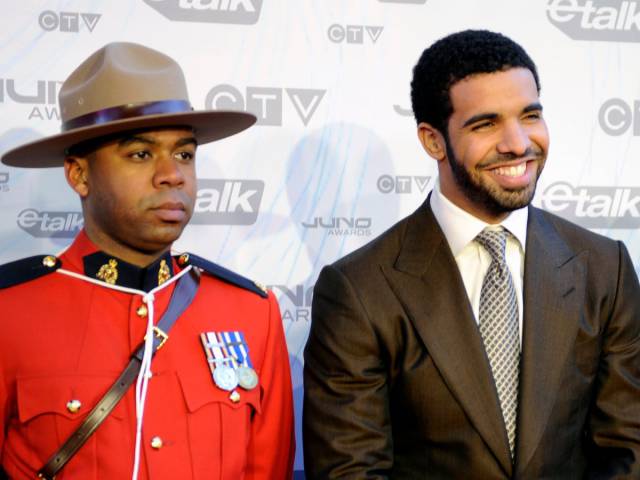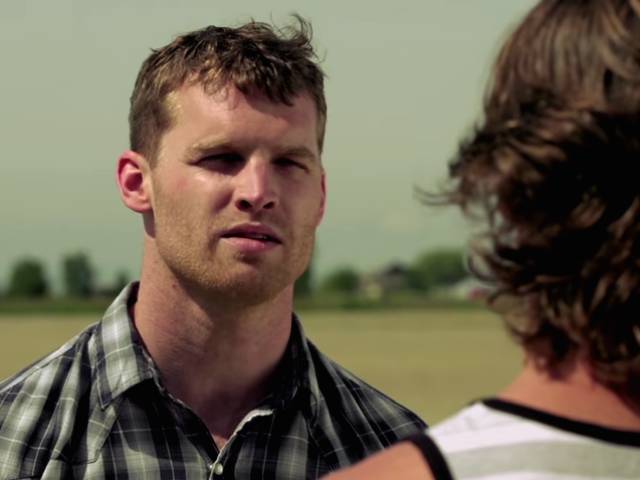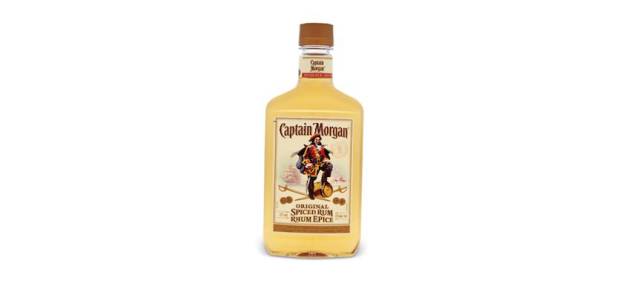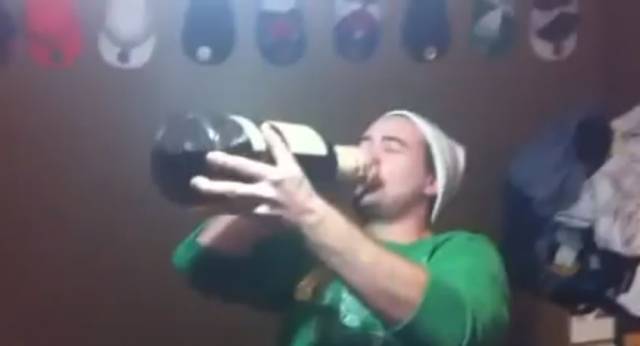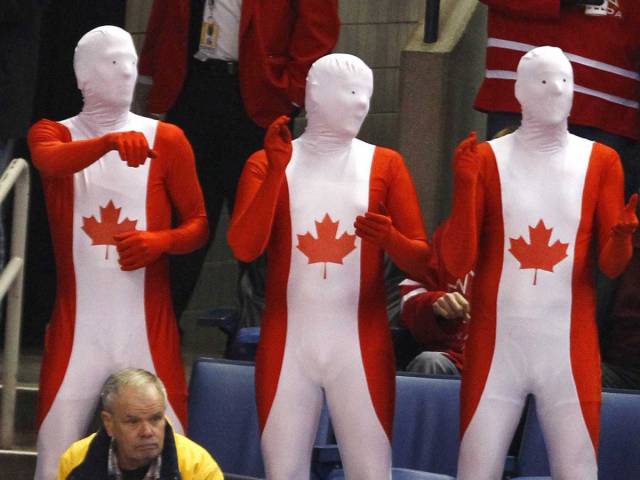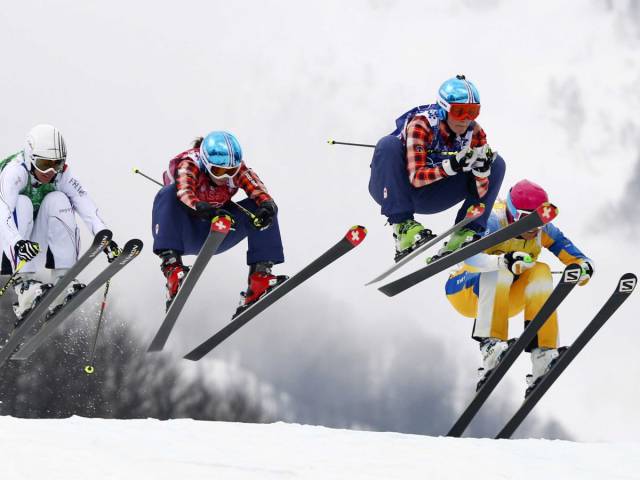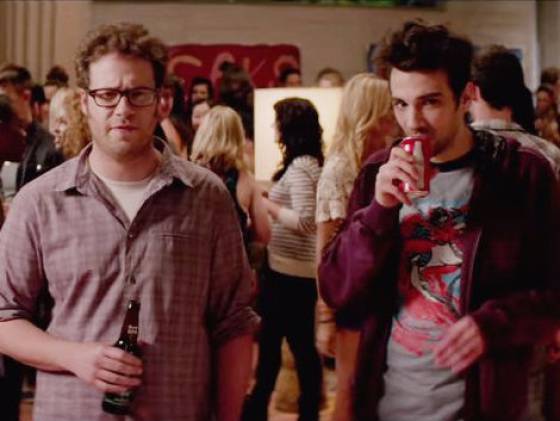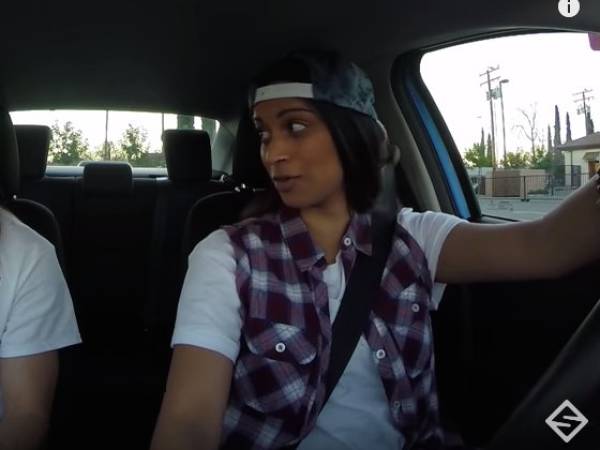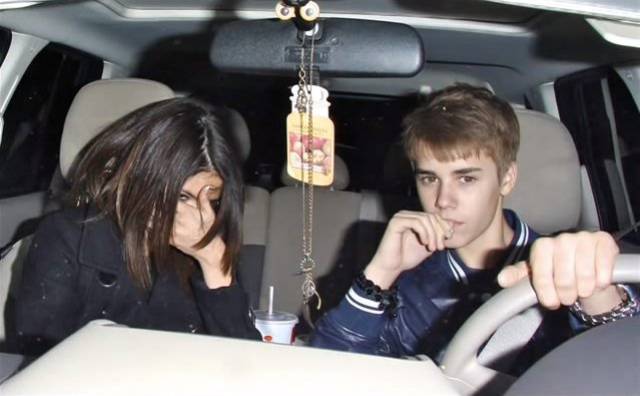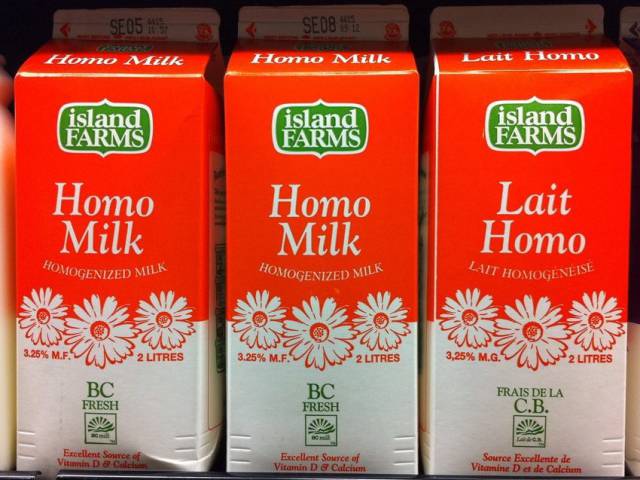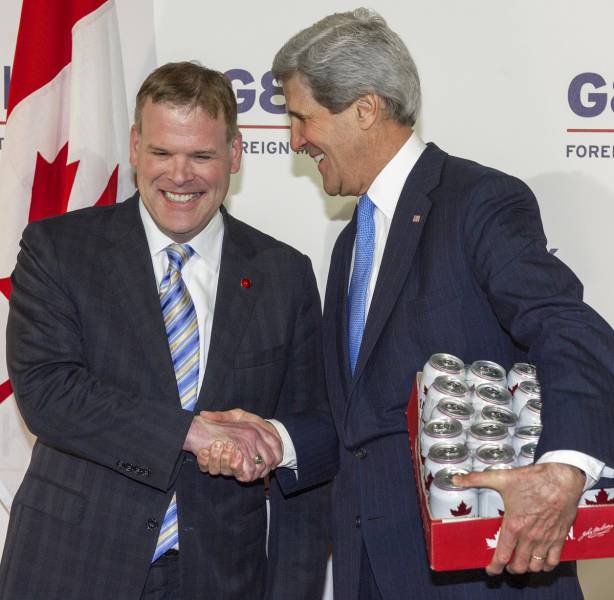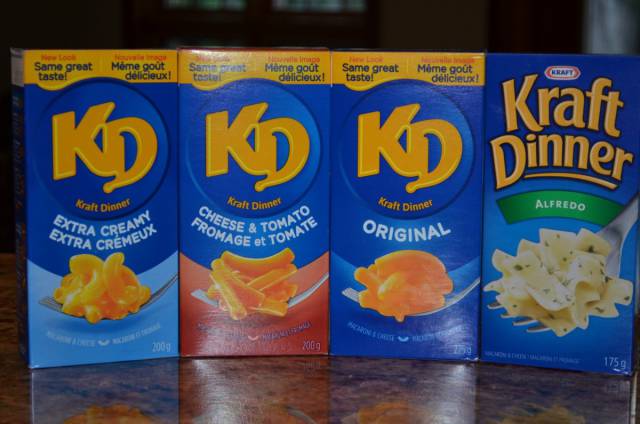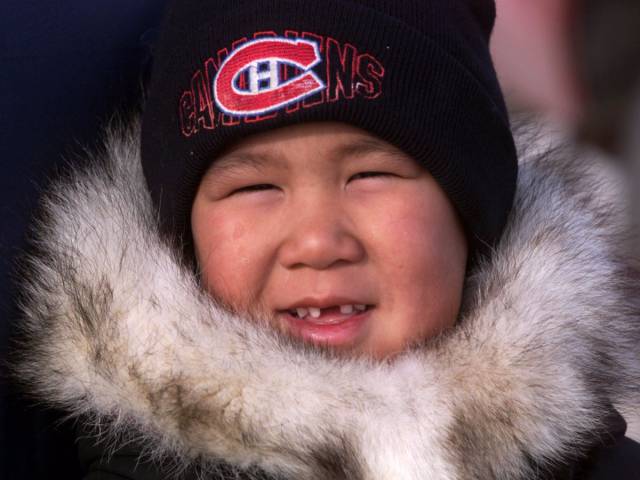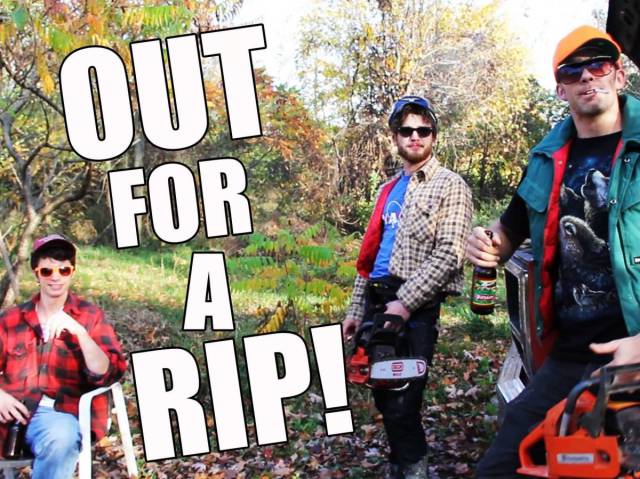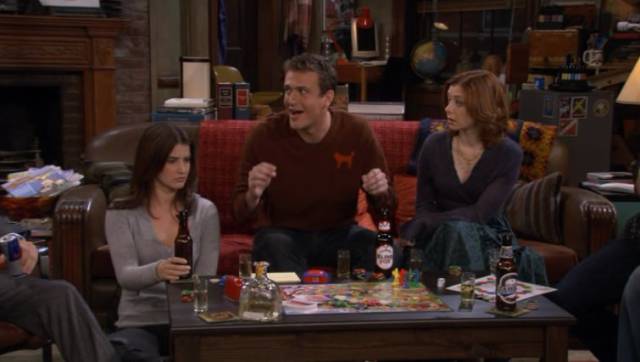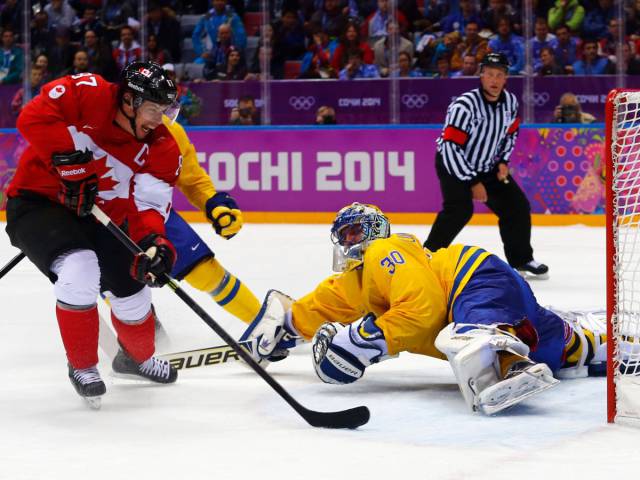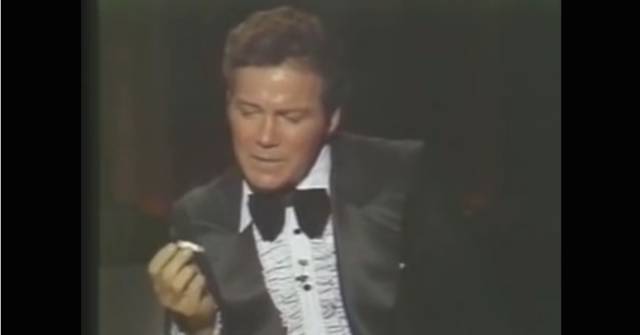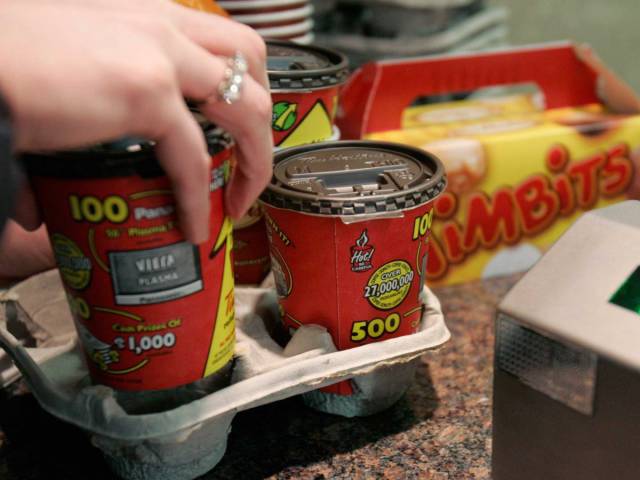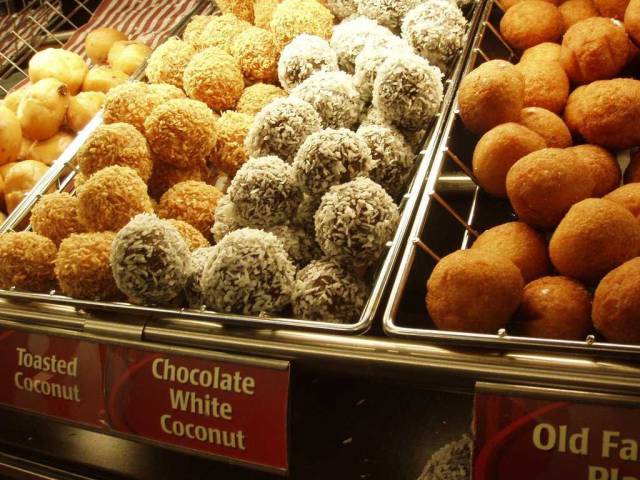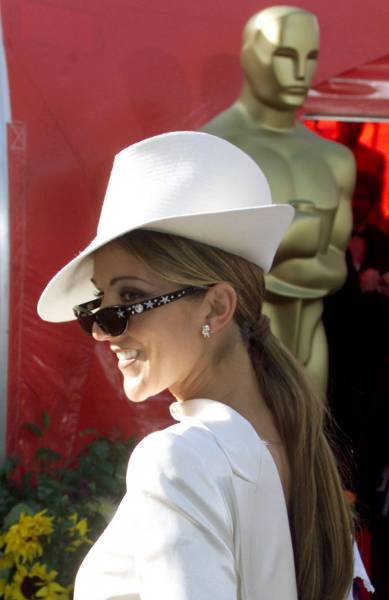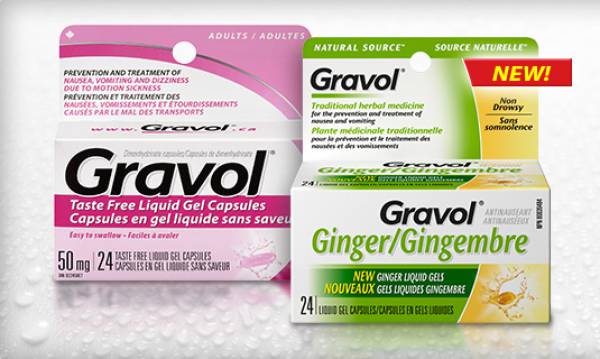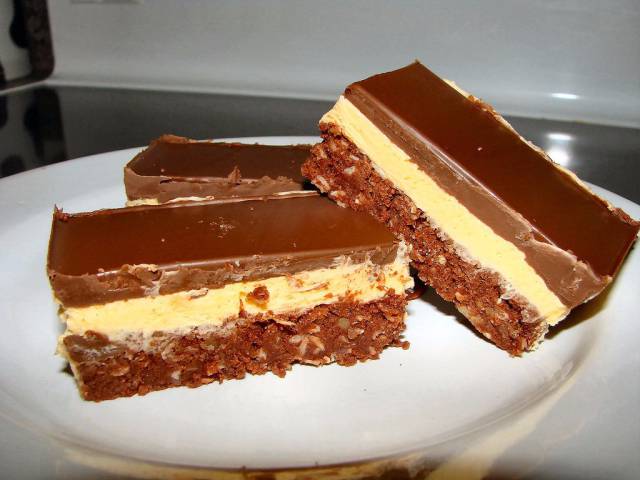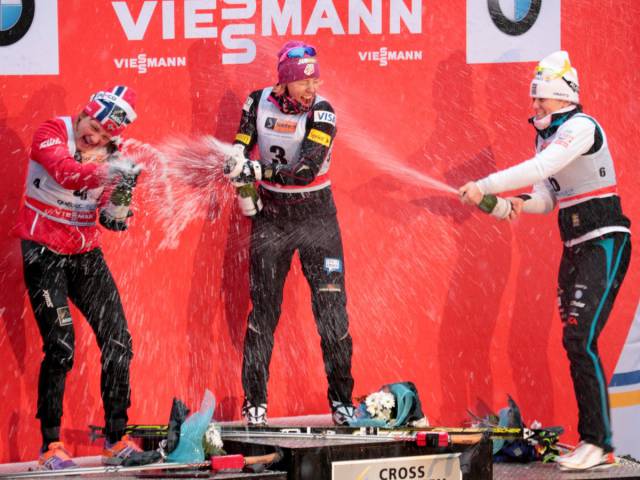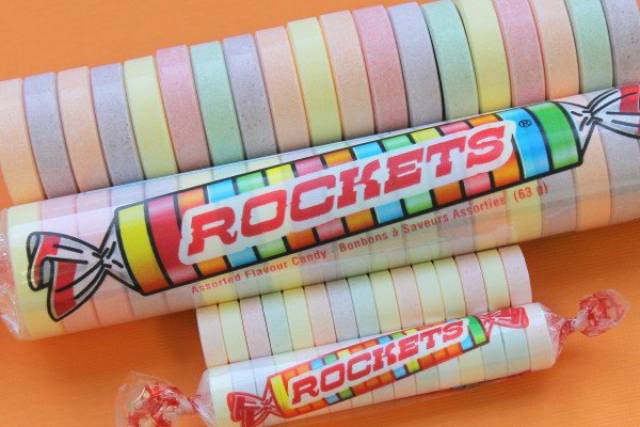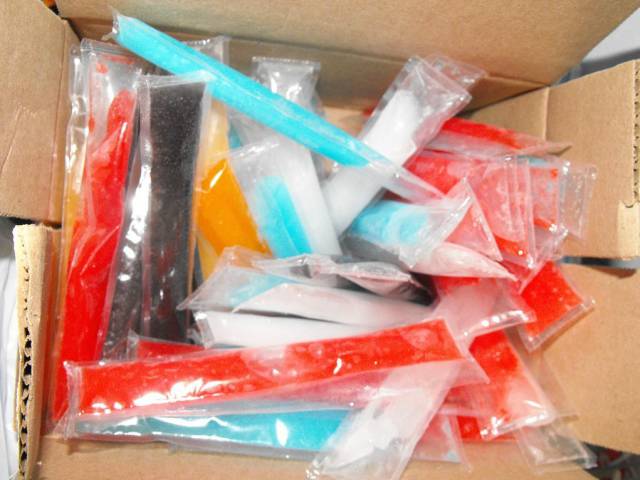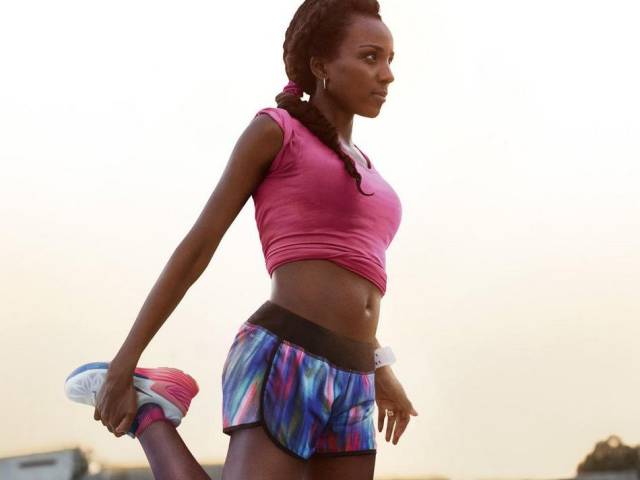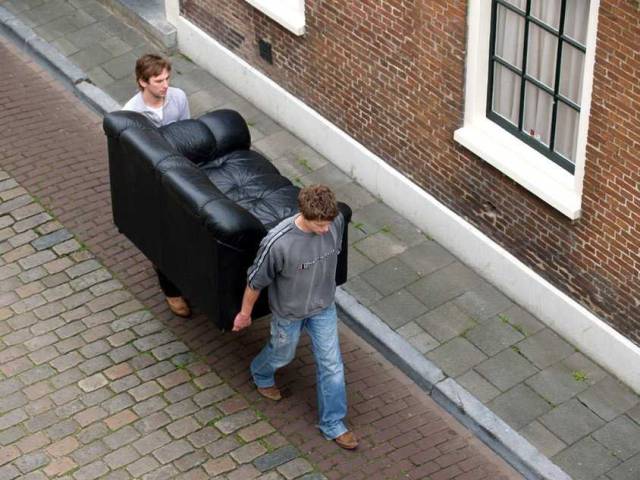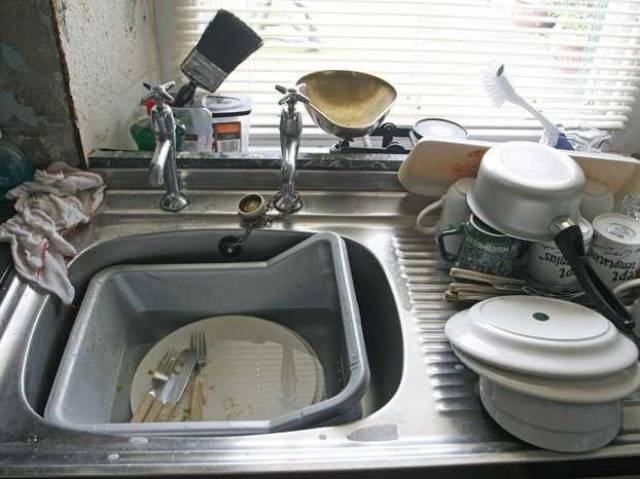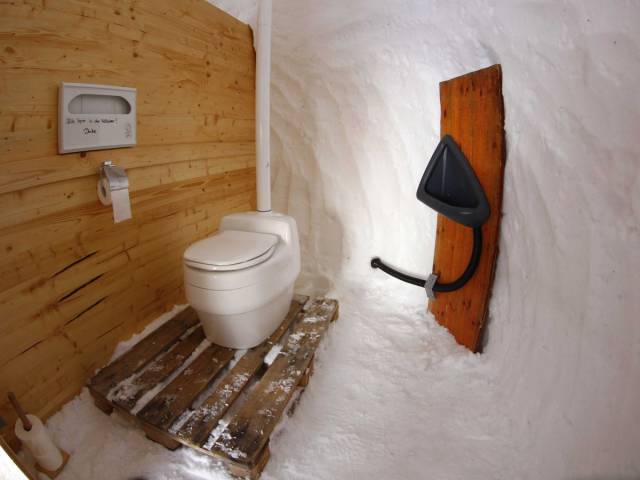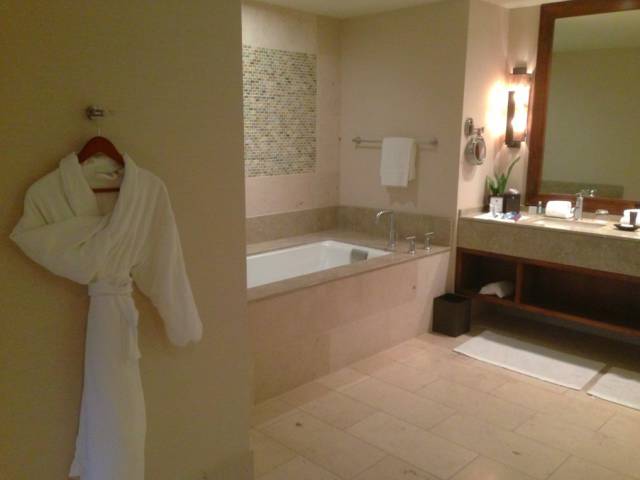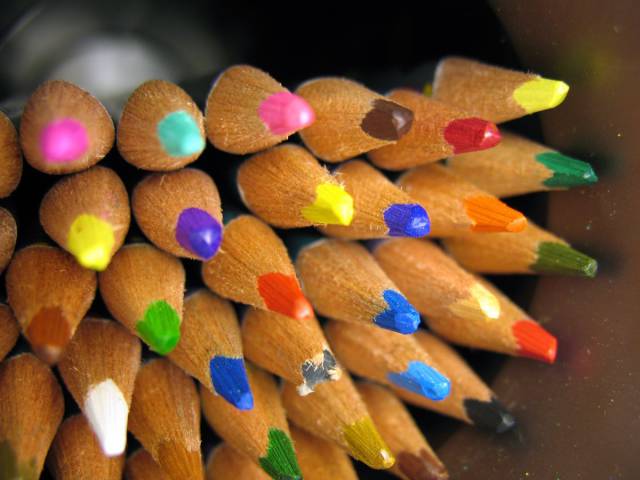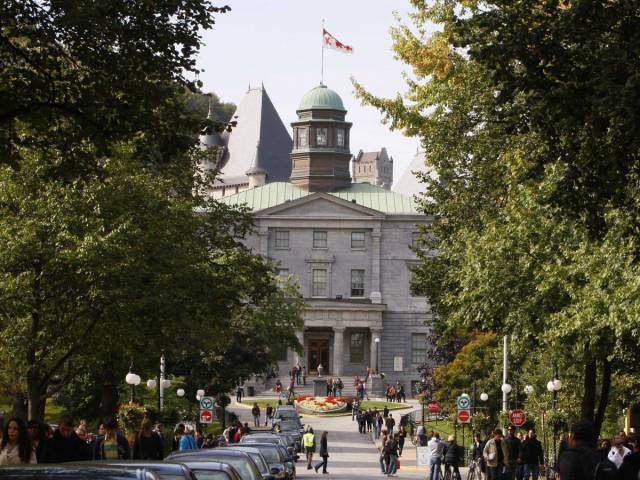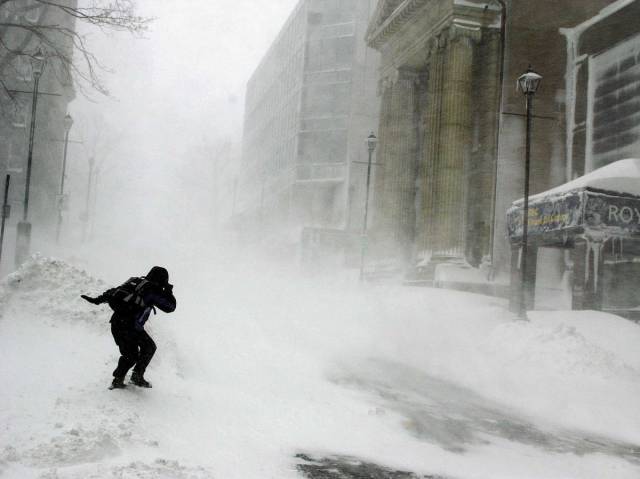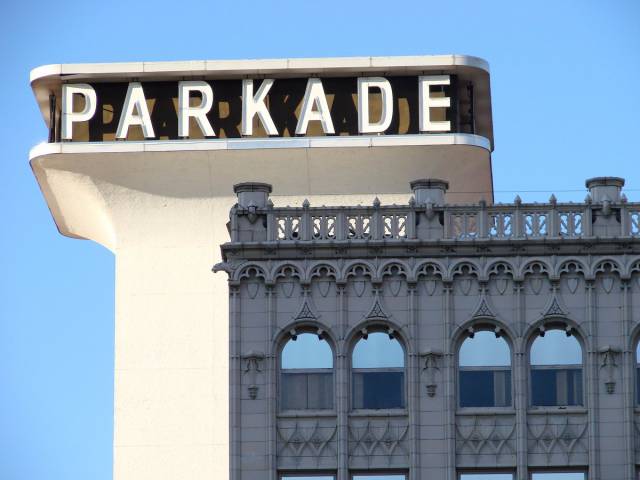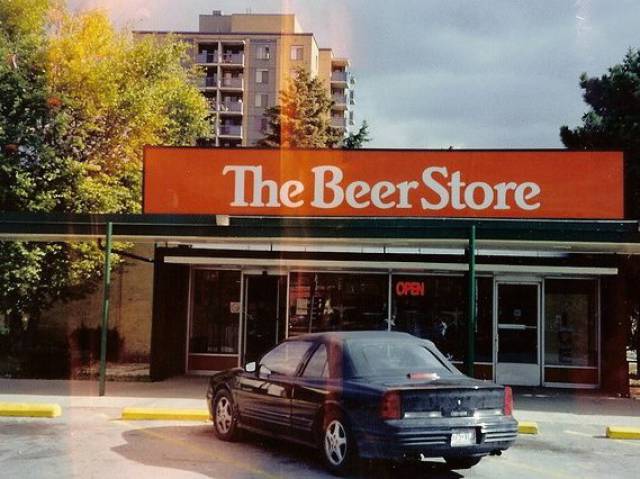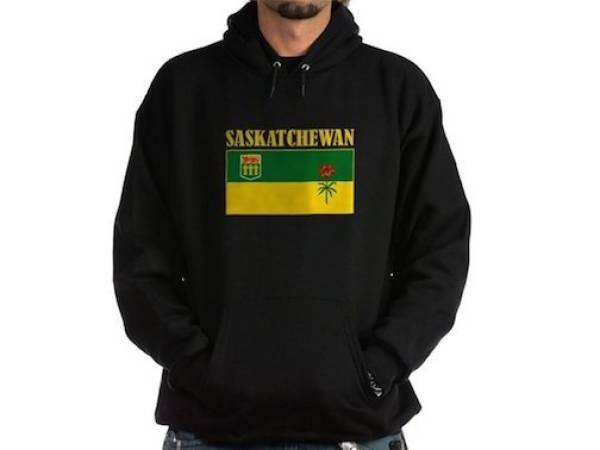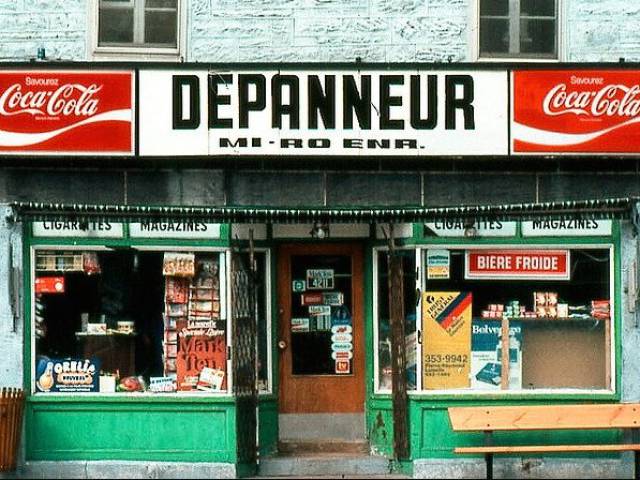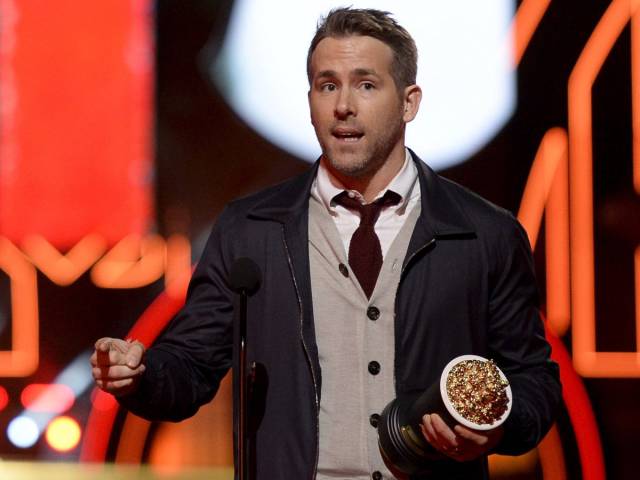Keener: A person who is extremely eager or keen. Used interchangeably with terms like "brownnoser" and "overachiever."
Chirping or beaking: Making fun of someone. (Chirping is used in eastern Canada; beaking is used in parts of western Canada.)
Gotch/gitch/gonch: Tight men's underpants known elsewhere as tighty-whities — e.g., "Do you separate your gitch from your socks when you do laundry?"
Mickey: A 375 ml bottle of alcohol. Usually shaped like a flask but slightly larger, they fit perfectly in a purse.
Texas mickey: A 3 liter (101 ounces) bottle of alcohol.
Stag and stagette parties: Bachelor and bachelorette parties.
Give'r: To exert as much effort as possible. Often used in the context of extreme sports.
Gong show or gonger: A situation that gets way out of control, often in a funny way. A total disaster. Sometimes used to refer to a party that gets out of hand.
Hang a larry: Turn left.
Hang a roger: Turn right.
Homo milk: Homogenized milk, also known as whole milk. In Canada, it is very normal for a parent or spouse to ask you to pick up some homo milk on your way home.
Two-four: A case of 24 beers.
KD or Kraft Dinner: Kraft mac and cheese.
Toque: Pronounced "toohk," a toque is a winter hat or knit cap, like a beanie. It often refers to the type of beanie that rolls up at the bottom.
"Out for a rip": Going out for a drive. Or a snowmobile ride. Or any other kind of excursion, really.
Pre-drinking: What Americans refer to as "pregaming" — having a drink with friends at someone's home before going out to a bar or club.
Deking: A hockey term that describes faking or deceiving your opponent.
Dart: A cigarette.
Double-double: A coffee from Tim Hortons, Canada's most popular coffee and donut shop, prepared with two creams and two sugars.
Timbit: A donut hole from Tim Hortons or from any other restaurant in Canada.
Decked out: An adjective used to refer to someone who is dressed up or something that has been decorated.
Gravol: The Canadian equivalent of Dramamine, the over-the-counter drug for motion sickness.
Nanaimo bar: A popular rich dessert that requires no baking. Named after the city of Nanaimo, British Columbia.
Champagne Birthday: The birthday when you turn the age of the date of your birth. So if you were born on the 26th of the month, your 26th birthday would be your Champagne Birthday. Known in the US as Golden Birthday.
Rockets: The candy that Americans call "Smarties." In Canada, "Smarties" are candy-coated chocolates made by Nestlé that are closer to M&Ms.
Freezies: A favorite summertime treat that consists mostly of sugar and water frozen in a clear plastic tube.
Runners: Running shoes. Or, really, any kind of athletic shoe, like a tennis shoe.
Holiday: Canadians use the term "holiday" interchangeably with "vacation." E.g., "When are you taking your holiday this year?" "I think I might go on holiday in July."
Chesterfield: A couch or sofa.
Garburator: An electric device underneath of a kitchen sink that breaks up food so it can be washed away. Americans call it a trash disposal.
Washroom: A polite word for bathroom. The Canadian version of "restroom."
Housecoat: A bathrobe.
Pencil crayons: Colored pencils.
College: This refers specifically to community colleges in Canada. Any institution that awards degrees is referred to as a "university."
A Haligonian: Anyone from the city of Halifax, Nova Scotia.
Parkade: A multistory parking lot, aka a parking garage.
A "pull" or a "boot": Both terms used to describe someone who is of drinking age who buys alcohol for those who are underage. In British Columbia and Alberta, the term "boot" is used. In Saskatchewan, the term is "pull." Neither is prominent in eastern Canada.
Bunnyhug: Used exclusively in Saskatchewan to refer to a hooded sweatshirt, or hoodie. But only in Saskatchewan. The rest of the country finds it as funny as you do.
Dep: A convenience store in Montreal and other parts of Quebec. It's short for the French word dépanneur.
"Hey" vs. "eh": In some parts of western Canada, the term "hey" is used more commonly than "eh." Importantly, Canadians do not intersperse either word at random throughout sentences. Both are used like the word "right" at the end of a sentence.
Good to know, hey?

